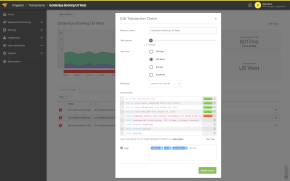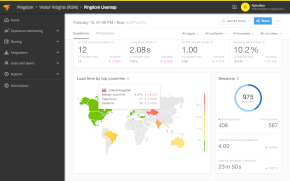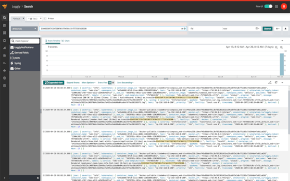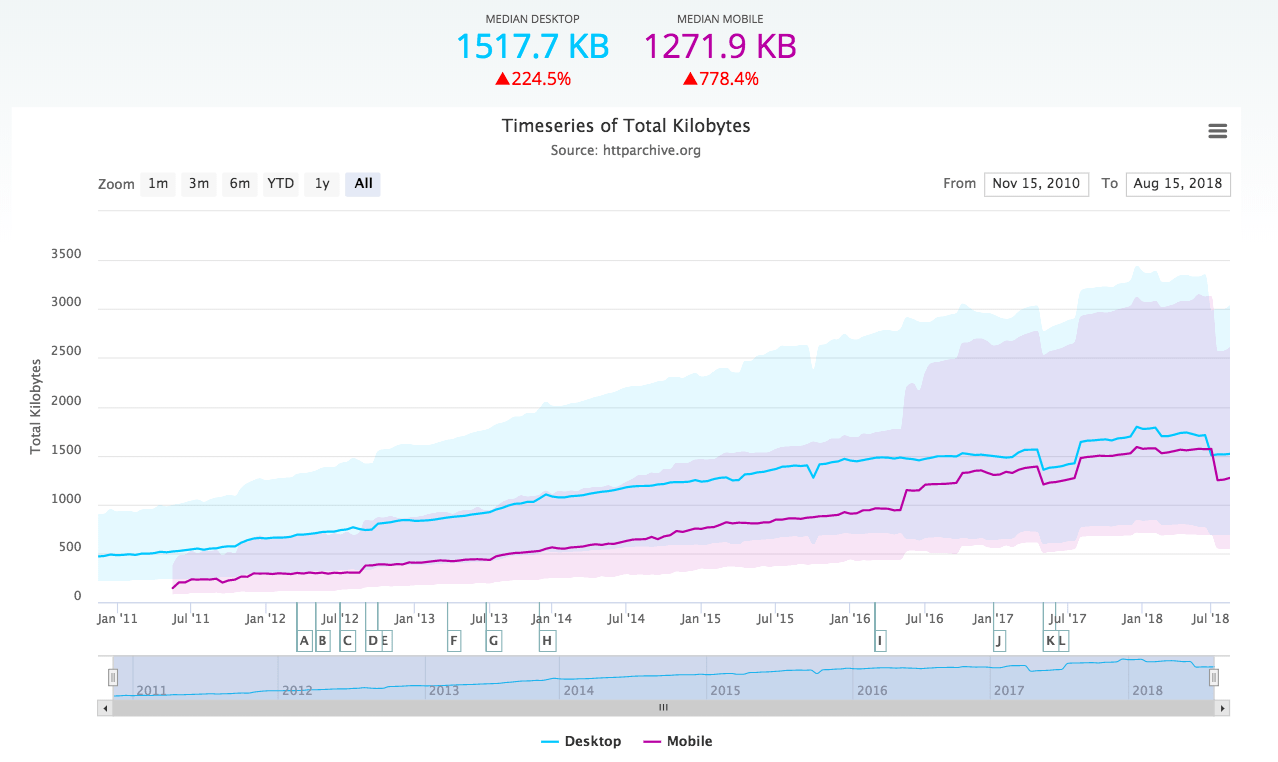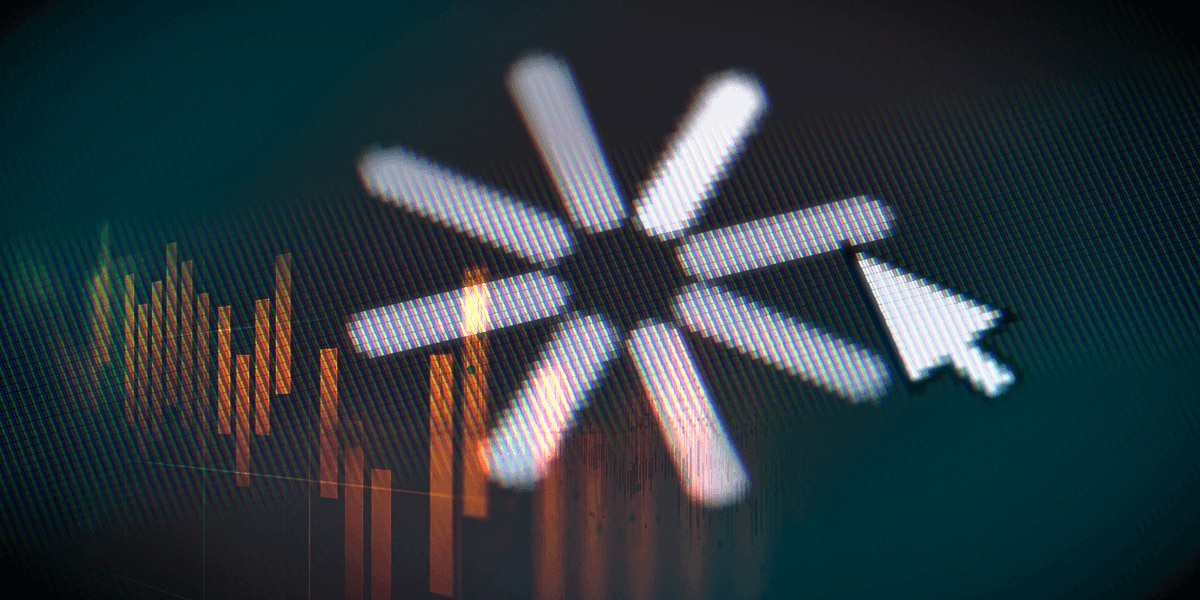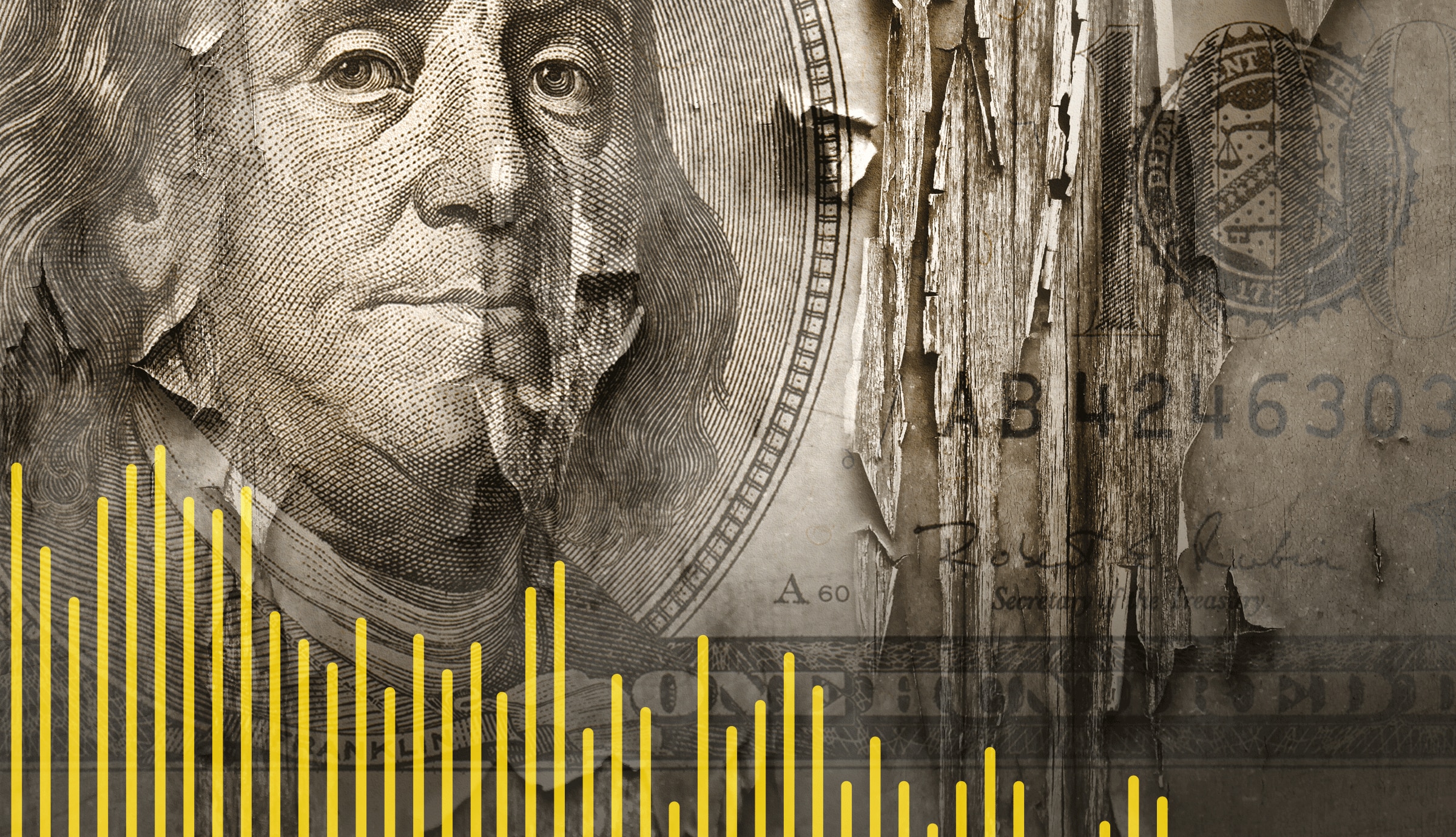What do you expect from the biggest, most tech savvy information technology corporations when you enter the world’s fastest growing web member community with 55 million visits every month? We did a small Pingdom poll, looking at the Twitter presence of some of the world’s 100 biggest IT companies.
You might expect the possibility to find a clear company representative with a quick search on the site. Given that Twitter is a community where frustrations are publicly vented and often spread at light speed between users (see the Pingdom post about outages) you might even wish for a company representative with the ability respond to disgruntled customers.
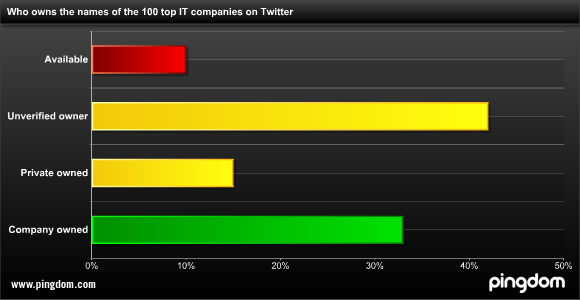
Alas, our Pingdom poll of 100 Fortune 500 IT-companies (full table below) showed that 67 of them can be hard to find with a name search, as they don’t use Twitter accounts which have the same names as their company name. Often, others seem to do this for them:
- 10 of the names of the world’s biggest, most knowledgeable IT companies were still not registered in April 2009. (We have notified them of this).
- 42 of the accounts were occupied by anonymous users, presumably individuals.
- 15 of the accounts were clearly in the hands of individuals.
- 33 of the accounts seemed to be used by the company in question.
On Twitter, companies like IBM, Dell and Microsoft have several tens of different accounts, but no easily discernible main account. Sometimes, like in the case of Microsoft, remarkably few of the many company accounts bear the company name and so they are hard to find.
Companies famous for suing everyone and everything even close to their brands like Apple here have their name on the account of an anonymous person tweeting that he likes apples. Very clearly, Twittersquatting (individuals choosing to take brand names, similar to domain-, or cybersquatting) seems very common, and Twitters current rules do not seem to have changed this.
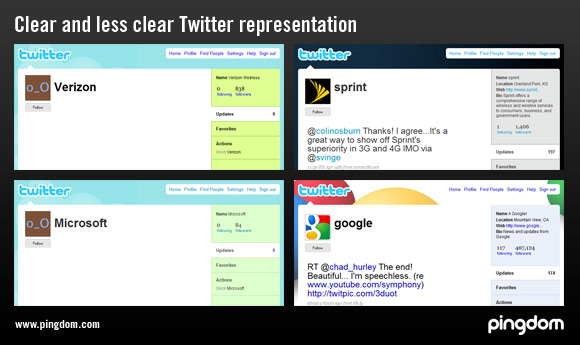
Above: Competing companies, some of whom raise quite a bit of emotion on Twitter (search Verizon, for instance) have chosen to be represented in different ways. We suspect Google might have got this one right, given their 400,000 twitter followers.
At Pingdom, we are quite aware of the difficulties that a bigger micro-blog presence can pose in terms of a pressure to respond quickly to many questions. We do not endorse any kind of name squatting and we do not claim to have all the answers regarding corporate communications in the age or micro-blogs.
All we can say is that if you have a brand to protect, you should probably register it right away.
Do you think more companies will try to control their names? And that Twittersquatters will benefit? Will Apple sue mr Apples? Let us know by commenting below.

About the poll:
We took the biggest US IT-companies from the eight IT/Tech/telecoms categories of the Fortune 500 2008-list, total: 92. We then added eight big non-US IT-companies to get 100 top tech companies. During the 15-17th April we searched for Twitter accounts and checked availability with their company names as defined in the chart above. Twitter allows fifteen letters, and abbreviations have been necessary. Categorization is based on our judgment of the account credibility as a company representative (logos, links, names and news). In a few cases, “Unverified” also included accounts that weren’t found, were suspended or had technical errors – but they were not available for registration.
